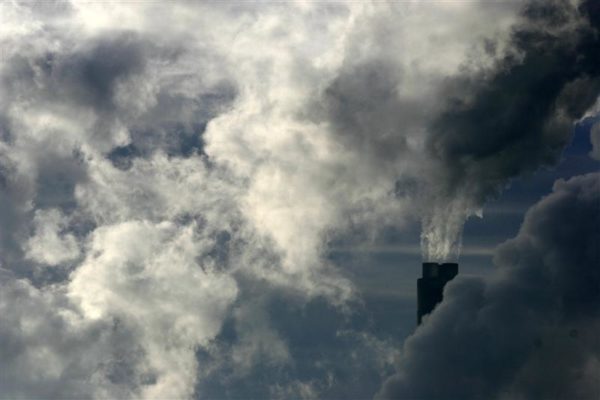How the UK tried to further weaken European air pollution regulations
In its 10-point paper, the British delegation expressed concern that the draft could result in a "significant and disproportionate impact to the UK"

British government officials worked with industry to weaken European air pollution standards designed to reduce health problems caused by fossil fuels, according to documents seen by Unearthed.
The behind-the-scenes lobbying leading up to the general election happened in spite of a Conservative manifesto pledge to “do even more to tackle air pollution”.
In the latest scandal to hit the EU pollution regulations known as BREF, Unearthed can reveal that the UK submitted a 31-page document in which it recommended sweeping changes to draft rules it believes would do disproportionate harm to the fossil fuel industry by limiting pollutants known to pose serious health risks to adults and children.
‘Best available technique’ Reference document.
It sets out different environmental performance standards for big industrial plants including coal and lignite plants.
It will likely be adopted in early 2016 ahead of EU-wide implementation by 2020.
Recent studies found the currently proposed standards are both weaker than equivalent regulations in effect in China, Japan and the US, and consequently could cause tens of thousands of avoidable deaths.
Earlier this year Unearthed revealed more than half of the Technical Working Group (TWC) that largely designed BREF has ties to industry, and most of the objections made to the draft were made by delegations in which industry was better represented.
We have obtained these objections and here is some of what we found.
The United Kingdom
In its 10-point paper, the British BREF delegation expressed concern that the ‘weaker-than-China’ draft could result in a “significant and disproportionate impact to the UK”.
The rules, they said, could “unnecessarily drive operators of combustion power stations into taking suboptimal decisions” that would end up resulting in premature closures or excessive costs.
At one point, with cloying condescension, they said BREF must “recognise the real world characteristics of the plants and industries” it will impact.
Offshore oil and gas, “of particular concern” to the delegation, and the power sector, in the midst of transition it doesn’t want to scare off, receive special mention.
And BREF “is also likely to have negative consequences for investment in new gas plants” – keeping older dirtier stations in operation is the implication.
So what would UK do to improve things for operators of coal, oil and gas plants?
It would raise the limit on NOx emissions for large coal plants; it would allow 50% more mercury pollution (from 4μg/Nm3 to 6); and it would relax SO2 emission limits – the pollutant with the biggest health impacts – by more than 50%.
The rest of Europe
It may not feel fair to pick on the UK, but perhaps more than any other country they both lobbied for weaker power plant pollution standards and displayed absolute opposition BREF’s very concept.
That’s not to say there weren’t other nations, particularly those with powerful coal interests, that also tried to further weaken the draft.
Greece’s opposition to BREF may match that of the UK. They basically just want to keep legislation as it is, perhaps add a few loopholes to the existing emission limits in the IED for lignite facilities with a high sulphur content.
Spain likewise proposed a near-dismantling of the BREF standards, recommending a raise to SO2, NOx and dust limits.
And the Czech Republic tried weakening Mercury standards whilst Italy tried weakening NOx limits.

